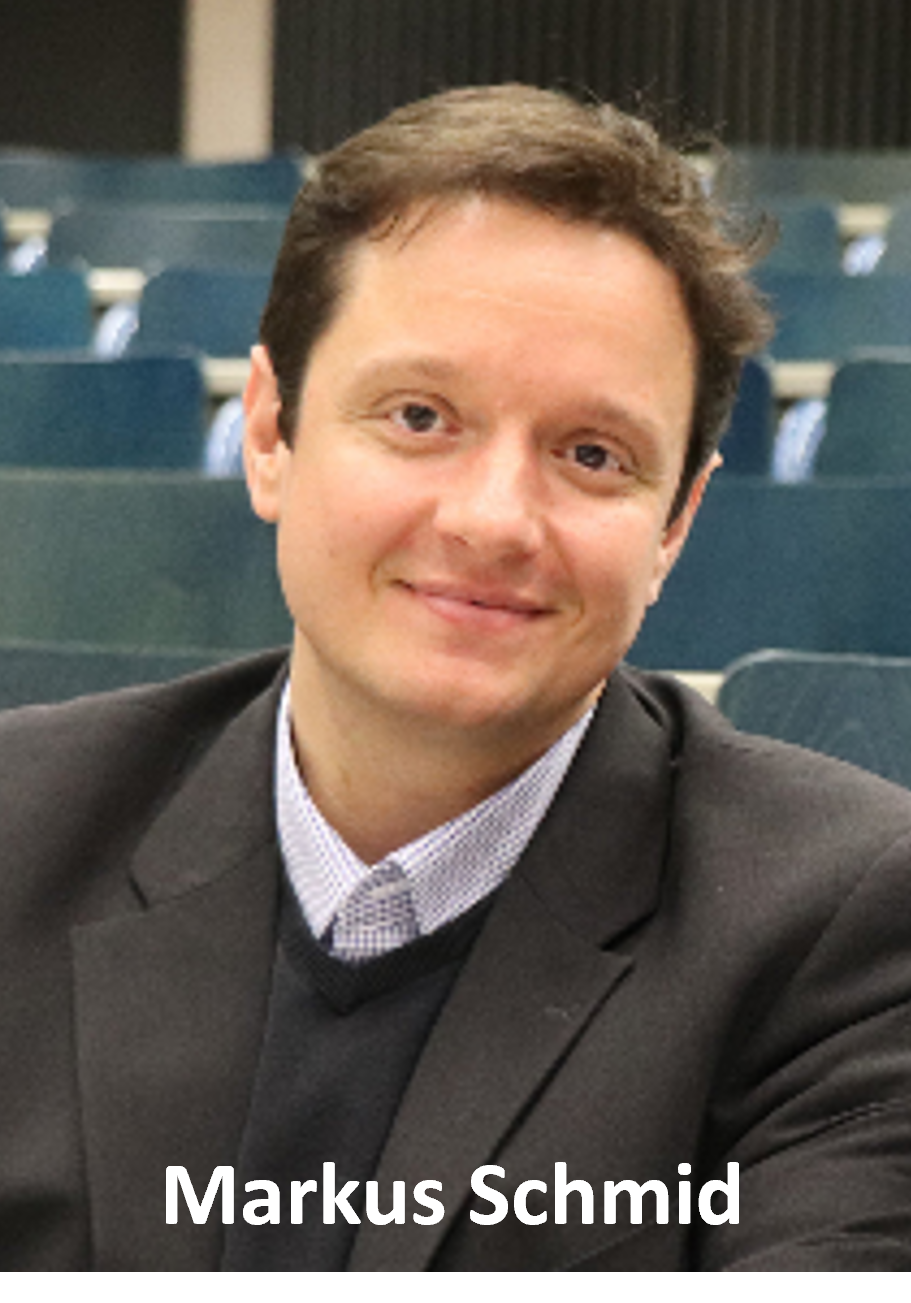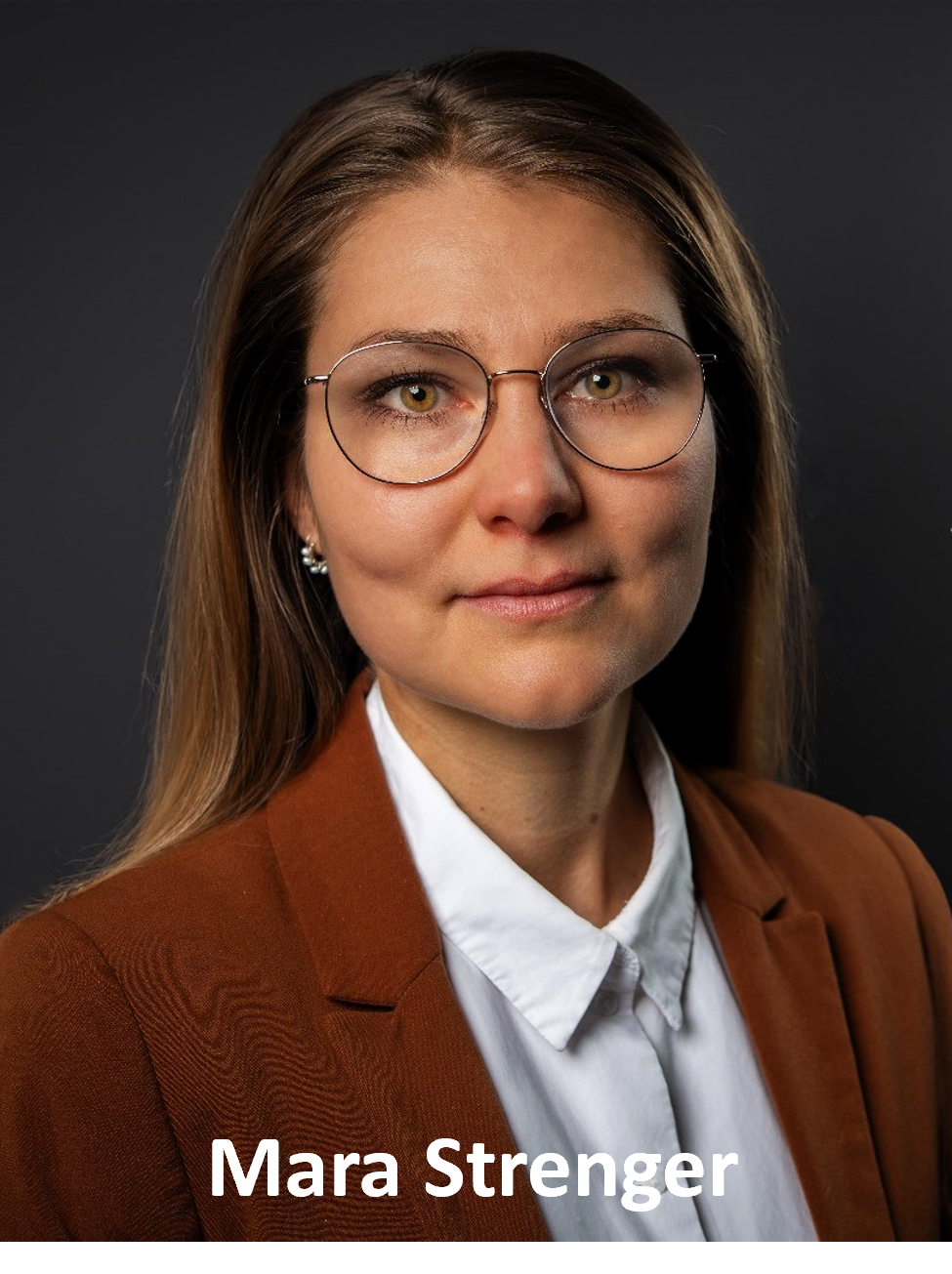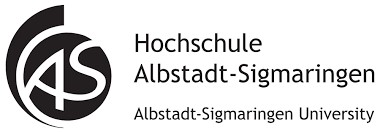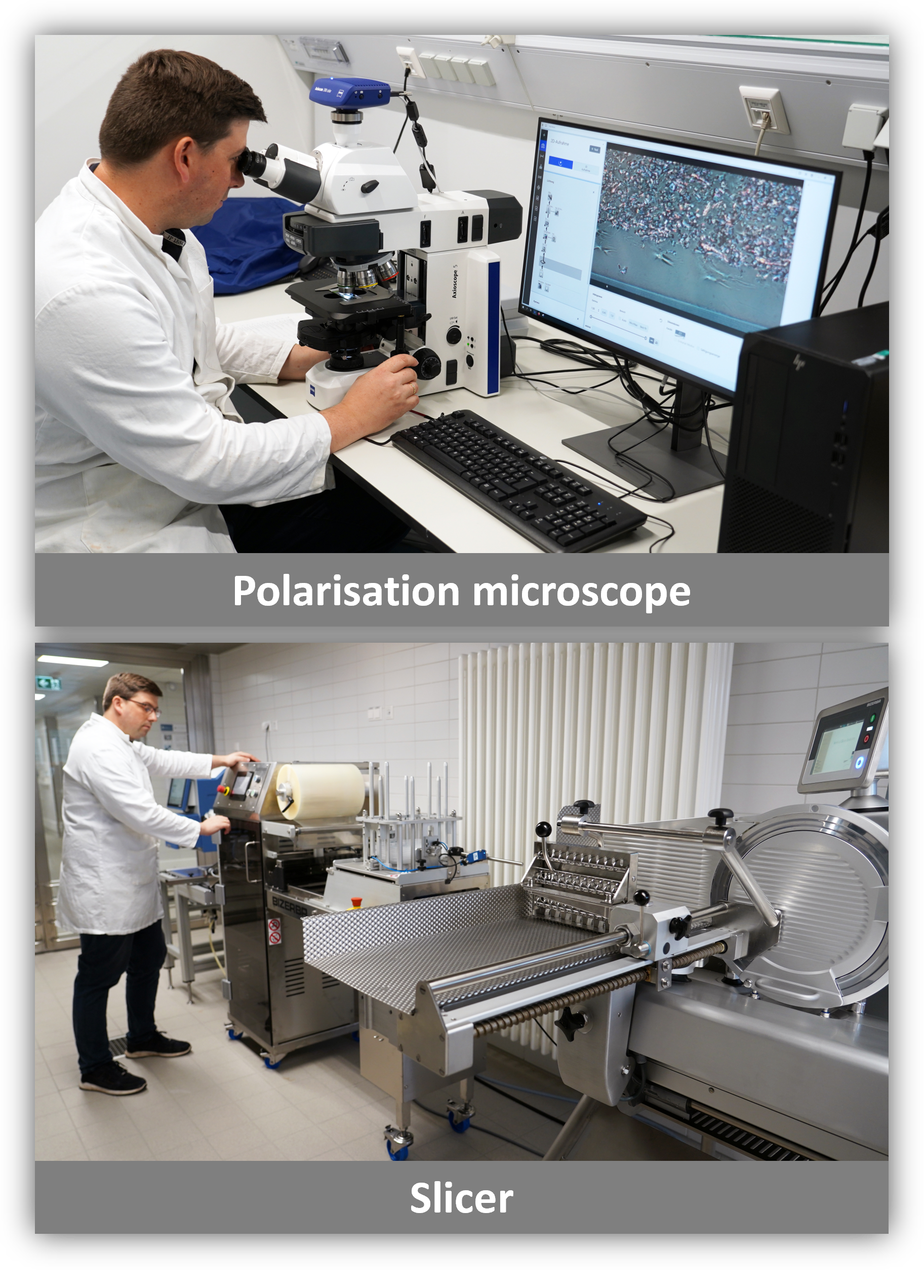Member Profile
New thinking
It is rare for a new IAPRI member to also be a new institute in its own right, but this is true of the Sustainable Packaging Institute (SPI) at Albstadt-Sigmaringen University (ASU) in southern Germany.
Founded only in November 2019, the SPI is a research institute within the university’s Faculty of Life Sciences. Projects undertaken here gravitate principally towards themes relating to sustainable development, smart materials and products, one of three overarching research areas for ASU.

As deputy director of the institute and research group leader Mara Strenger explains, teaching students constitutes an important part of the academic team’s activities. This includes undergraduate modules such as sustainable packaging technology, as well as soft skills including project management and, at master’s level, sustainability elements within packaging processes.
To give just a flavour of the research undertaken at the SPI, one recent project was BiOnTop, worked on by a Europe-wide consortium with EU funding. Looking at biobased coatings, the institute explored proteins as a barrier for oxygen permeability. The project finished in the summer of 2023, after running for four years. “We are now working on an industrial-related project on coatings based on plant proteins for paper-based substrates,” research group leader Corina Reichert tells IAPRI.

Unlike BiOnTop, the SPA project began relatively recently, early in 2023. Running until the end of 2025, and involving other German research partners, SPA aims to develop a more holistic methodology for practical sustainability assessments of food packaging, including its functionality in terms of avoiding food waste.
“In addition to ecological aspects which can be quantified by an LCA, we aim to take into account economic and social aspects, and complement them with the packaging functionality, which has so far been largely neglected methodologically,” Strenger explains.
When it comes to active & intelligent packaging, SPI researchers recently finished work on the SmartMaterial project, but are continuing work in at least one of the areas it looked at. “We identified a promising indicator that is able to detect food degradation products, such as biogenic amines, through a change in colour,” Schmid reports. “However, at the moment, a measurable reaction can only be clearly distinguished by means of measurement technology, and cannot be detected by the human eye.”
In a couple of other research projects, the SPI is focusing on the bio-based, high-performance polymer polyethylene furanoate (PEF). “We produce packaging from the PEF and analyse and optimize, among other things, the process parameters and functionality of the packaging,” says Schmid.
The institute staff are busy with more than research and undergraduate teaching. Begun some time ago, PackMit is a training concept aiming to facilitate the transfer of packaging-related information to the food industry. “At the end of the project, we plan to be able to offer certified training courses for those working as ‘packaging experts’,” Strenger discloses.
“We are currently in the pilot phase of training the first participants from companies, and testing the concept. With this project, we want to support the transformation of the packaging and food industries towards a more sustainable, circular bio-economy.”

The following is a list of recent IAPRI member profiles, that highlight the activities of some of our outstanding member institutes:

